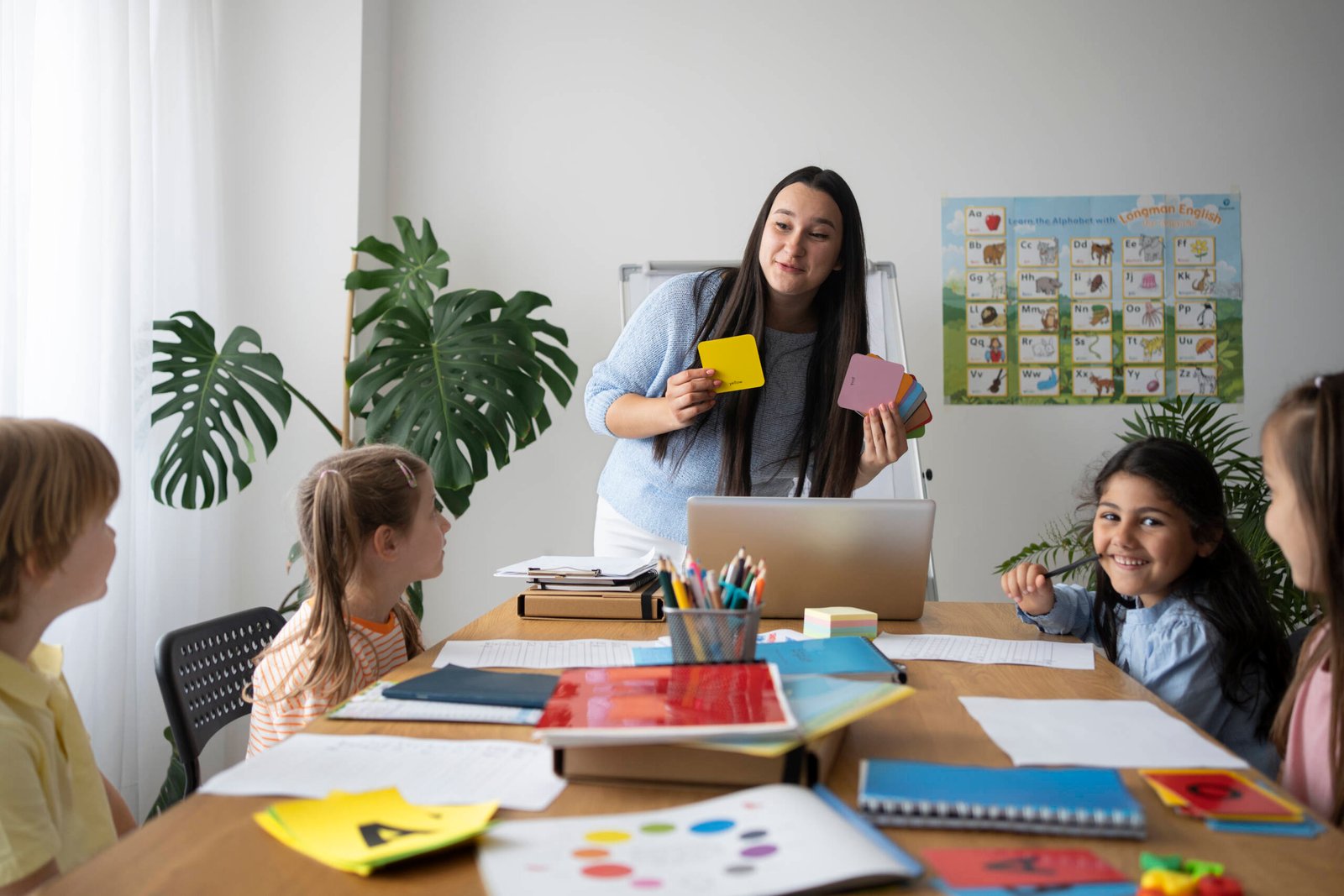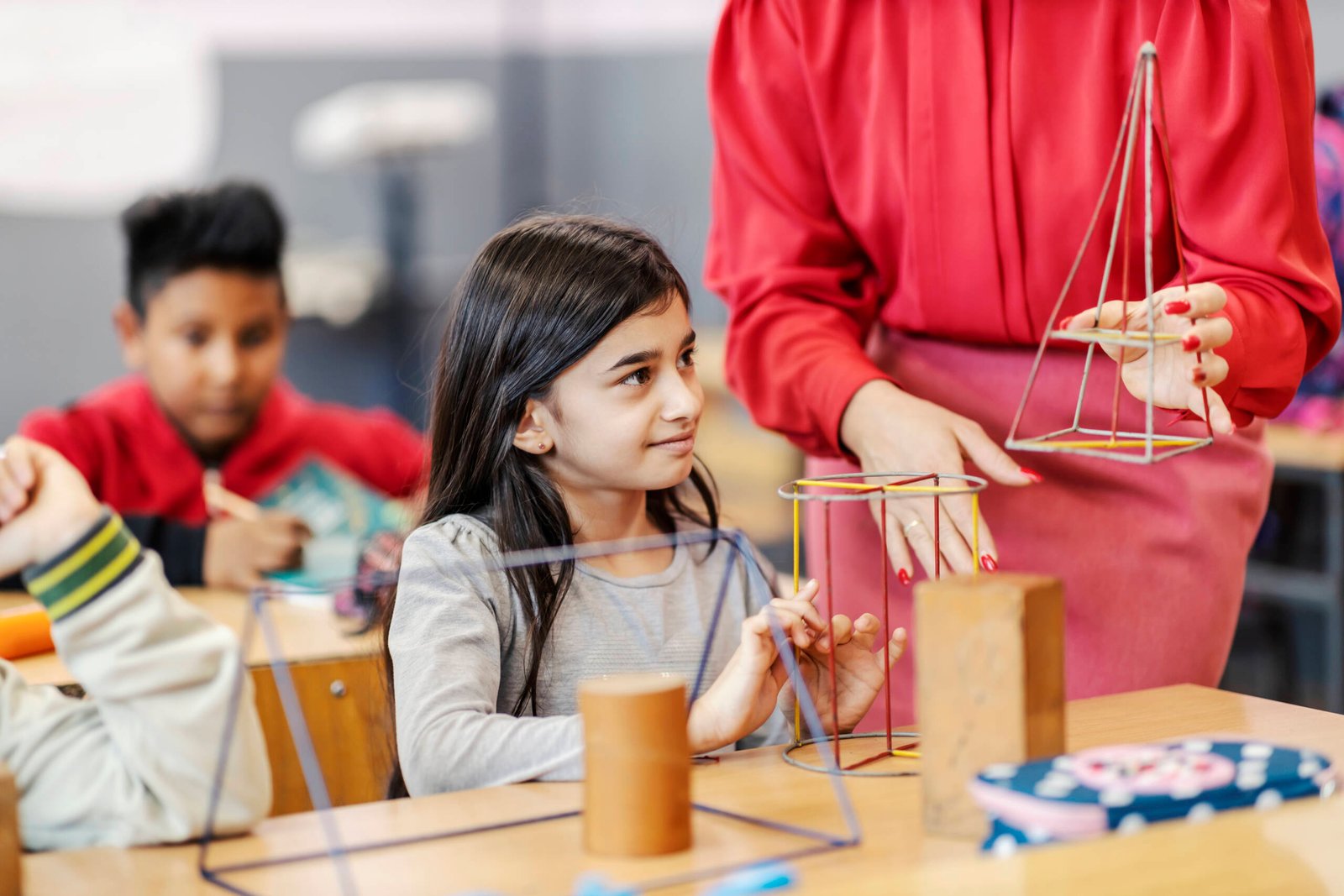Teacher Training for CBL and 360-Degree Assessment
In every education reform, teachers are not just implementers—they are the heart of transformation. The National Education Policy 2020 (NEP 2020) lays out a bold and inspiring vision for the future of Indian education, with Competency-Based Learning (CBL) and 360-Degree Holistic Assessments at its core. But this vision can only take root when our educators are fully equipped, empowered, and emotionally aligned with its purpose.
We are not just changing how we assess. We are changing how we see the learner—and how the learner sees themselves. And to do this, teachers must be re-skilled not just as instructors, but as mentors, designers of learning experiences, and reflective practitioners.
The Shift: From Instruction to Facilitation
Competency-Based Learning moves away from the traditional, one-size-fits-all approach. It emphasizes mastery over memorization, depth over breadth, application over recall. Teachers must now design learning experiences that help students move at their own pace, demonstrate understanding in diverse ways, and achieve clearly defined learning outcomes.
This is a profound shift. Teachers are no longer mere dispensers of knowledge—they become learning architects, guides, and co-learners. Preparing for this shift requires intentional, immersive, and ongoing training.


Reimagining Assessment: The 360-Degree Approach
The NEP envisions holistic progress cards—that capture cognitive growth, socio-emotional development, physical well-being, creativity, and ethical reasoning. 360-degree assessments involve inputs from self, peers, teachers, and even parents. The aim is not just to evaluate performance, but to nurture self-awareness, collaboration, empathy, and personal growth.
This demands that teachers rethink assessment itself—not as a test of memory, but as a mirror for growth. It calls for training that enables them to observe, document, reflect, and provide feedback that is descriptive, constructive, and developmental.
What Must Teacher Training Look Like in This New Era?
To prepare educators for this transition, training must be as transformative as the learning we expect them to deliver. It must include:
-
Grounding in the Philosophy of NEP 2020
Teachers need to understand the why behind the what. Training must connect them to the deeper purpose of the policy—building confident, curious, and compassionate learners.
-
Hands-on Exposure to CBL Tools and Techniques
Workshops should introduce teachers to designing learning outcomes, backward planning, competency rubrics, differentiated instruction, and experiential learning methods. Simulation-based training, model lessons, and microteaching must form the backbone of practice.
-
Capacity to Design and Implement 360-Degree Assessments
Teachers need support in creating formative, diagnostic, and reflective assessment tools—including observation checklists, anecdotal records, learner portfolios, and student-led conferences. They must be guided in facilitating peer reviews and self-assessment in ways that are developmentally appropriate and culturally sensitive.
-
Mindset and Skillset Shift
Perhaps most importantly, training must address the emotional and psychological shift needed. Moving away from marks, ranks, and rigid lesson plans toward growth narratives, open-ended inquiry, and co-created learning paths requires courage, patience, and self-belief.
This is not just upskilling. It is unlearning and relearning—with humility and openness.
Building Communities of Practice
Sustainable transformation does not happen in isolation. Teacher training must be followed by ongoing mentoring, reflective circles, peer learning groups, and feedback forums. Teachers should not only be trained, but also be part of a professional ecosystem that values innovation, celebrates experimentation, and supports continuous growth.
The classroom must evolve—but so must the staffroom.
Anchoring in Indian Knowledge Traditions
Indian education has always honoured the teacher as a nurturer of the whole being—not just the intellect. Ancient educators facilitated learning through observation, discussion, lived experiences, and self-inquiry. These pedagogical principles align beautifully with the NEP’s push for competency-based learning and holistic development.
Training educators today must include exposure to Indian pedagogical wisdom—gurukul parampara, dialogic learning, art-integrated education, nature-based inquiry, and more. When teachers reconnect with this legacy, they find not just tools, but purpose.
Teaching in the Age of Transformation
India stands at the cusp of an educational renaissance. But policies do not transform systems—people do. And at the centre of this transformation stands the teacher.
By equipping teachers to design competency-based learning experiences and facilitate meaningful, 360-degree assessments, we empower them to bring NEP 2020 to life—not as a document, but as a living, breathing culture of learning.
The future of learning rests in the hands of those who first choose to learn—and it begins with our teachers. When we prepare our teachers for this new era—not just with skills, but with soul—we prepare our classrooms for meaning, our schools for relevance, and our children for life.
Because the teacher is not at the end of the change. The teacher is the change.



